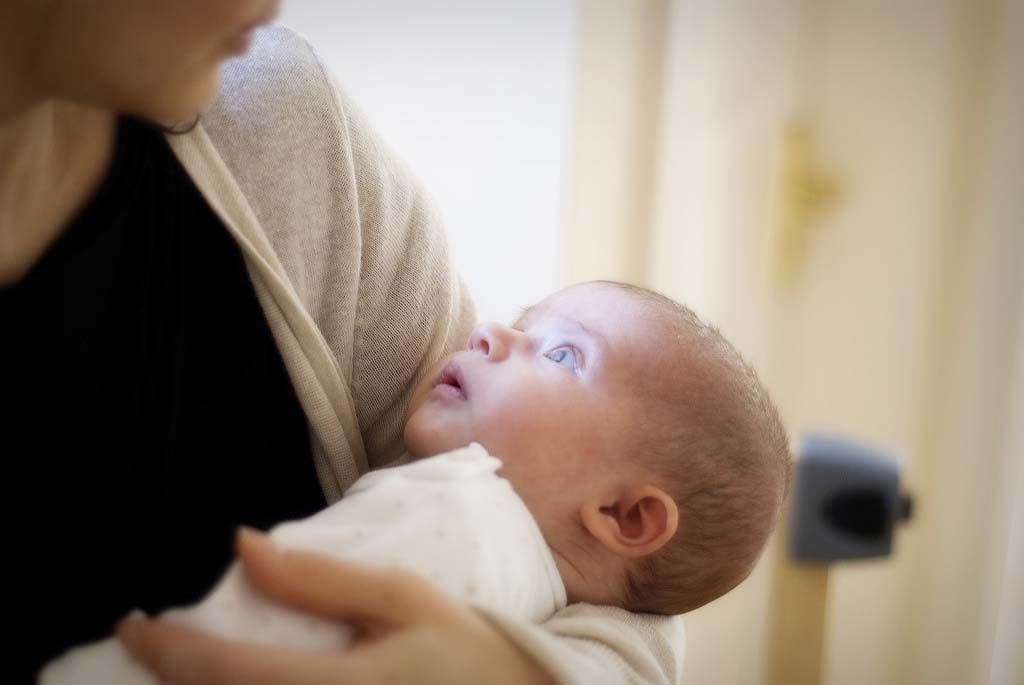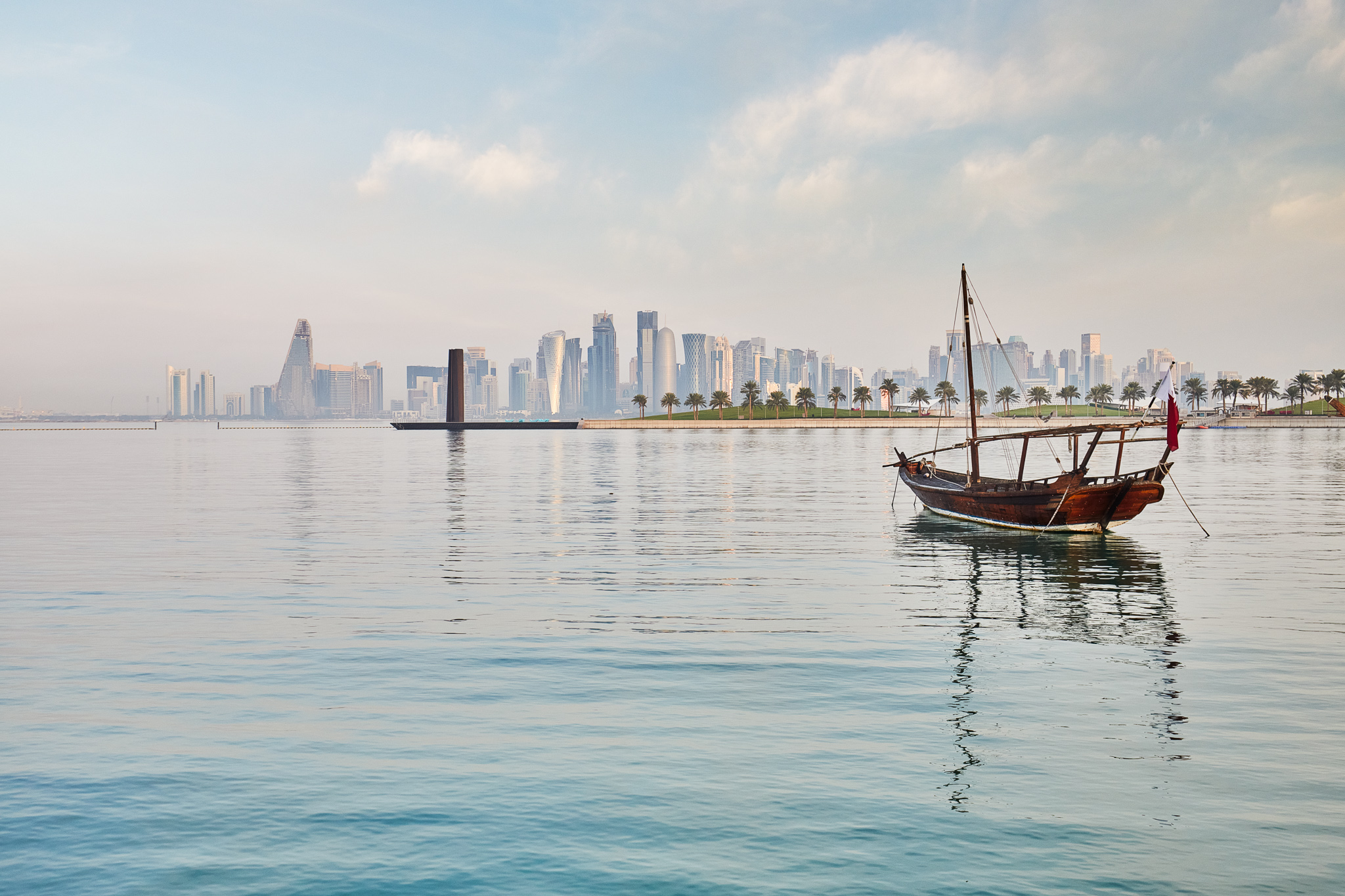
Shaikha Al Mudahka loves her job, but she also loves being a mother.
Here, the 27-year-old Qatari, who is Communications Manager at Al Rayyan Hospitality, argues that Qatar’s current provision of 50 calendar days for maternity leave is nowhere near enough.
I had to go back to work two months after my son was born. I was so tired, both in the mornings and in the evenings, and I felt that I couldn’t even spend time with him.
So, I hired a maternity nurse, but I couldn’t sleep comfortably at night having him with a stranger. However, if I wanted to keep working, I felt I didn’t have a choice.
Qatar is by far the richest country in the world by GDP per capita but its maternity leave provisions are arguably among the worst on the planet.
Women in Qatar are only entitled to a total of 50 calendar days of maternity leave, and 35 of these must be taken after the birth.
This can only be extended if there is a post-pregnancy health problem and is only available to women who have been with their employers for at least one year.
Qatar’s maternity leave policies compare poorly with other countries in the Middle Eastern region, let alone compared to countries around the world.
For example, Western European countries offer an average of 40 weeks maternity leave, and Sweden is considered to be one of the most generous nations, with women being able to take up to 16 months of leave while earning 80 percent of their salary.
Benefitting all
I’m a member of a small group of mothers, most of them Qatari, who meet up regularly for play dates. We have a WhatsApp discussion group and when the issue of maternity leave provision was brought up recently, everyone related, so we decided to speak out about it.
As one of the world’s strongest economies, Qatar is very well placed to offer women ample support.

So why doesn’t it?
Around the world, a discomfort often occurs when discussing social changes that smack of women’s liberation or empowerment.
There’s an anxiety that policies benefitting women and children will have a negative impact on men and society. However, time and time again research shows such anxieties to be without basis.
Indeed, providing maternity leave for women offers them the choice to take the time bond with their babies, while feeling assured that their work place positions are secure.
Having that choice has been overwhelmingly demonstrated to be of positive, social benefit.
Qatar has been polled as one of the better places in the region for women to live, but better maternity provisions could only add positively to this improving status.
Having to choose to forego becoming a parent or to leave your job should not be a Sword of Damocles that hangs above your head.
Babies not a luxury
My friends and I believe that having children benefits our society, and that it is not a luxury. Though individual women have a choice as to whether or not to become mothers, overall, childbirth and effective early years care are imperative to societies in the long term.
Added to which, having women in the workplace is paramount if you want to have a buoyant and creative economy.

We have to be flexible with women; give them the resources to be able to enjoy motherhood while also enjoying employment and careers.
Adequate maternity leave is a pillar of women’s self determination, social efficacy and productivity.
For women to be able to choose to take maternity leave to conduct effective early years parenting, while also maintaining their role in working environments, is imperative for women, families and the wider community.
Poor breastfeeding rates
Another way a longer maternity leave benefits everyone is that it gives mothers a better chance to breastfeed their babies.
The World Health Organization recommends that women nurse their infants for the first six months of their lives, something that would be nearly impossible for mothers in Qatar who are offered only paltry state maternity packages.

The Labor Law does require employers to give nursing mothers an hour off work a day for a year to help them make time to breastfeed, but this is not enough.
This may be part of the reason why breastfeeding rates in Qatar are so low. Unicef figures from 2005 (the most recent data available) state that only 12 percent of mothers exclusively breastfeed their children in Qatar, compared to 37 percent globally – far below the Unicef world target of 50 percent.
The lack of support available in Qatar has not gone unnoticed; Qatari consultant Dr Ahmad Al Hammadi – head of the General Pediatrics Section at Hamad Medical Corp. – has called for policy improvements.
He has argued for an increase to at least six months paid maternity leave (but ideally a year) in order to give women more time to breastfeed, making the case that breastfeeding improves the health of the baby and has a positive impact on the economy.
Studies have suggested that children who are breastfed have a lower risk of infection, asthma, infant death and obesity in later life, added to which, there is some data that suggests the mothers themselves are at lower risk of cancers, diabetes and heart disease.
Mental health improvement
Research has also shown that adequate maternity leave has a positive impact on a mother’s state of mind.
A study conducted by King’s College London demonstrated the possibility that the more generous maternity leave was, the greater the long-term mental health benefits to the mothers.
As researcher Avendano said:
“The very significant message of this paper is that there is a potential for maternity leave benefit programs to have a real long-term effect on the mental health of women and that the effects of maternity leave benefits are not only short-lived … they are likely to extend for many decades.”
Going through pregnancy, labor and being a carer of a child is hard but rewarding work, and Qatari businesses and society should recognize the need to repay such effort with flexibility and understanding.
It is the very least they can do.







